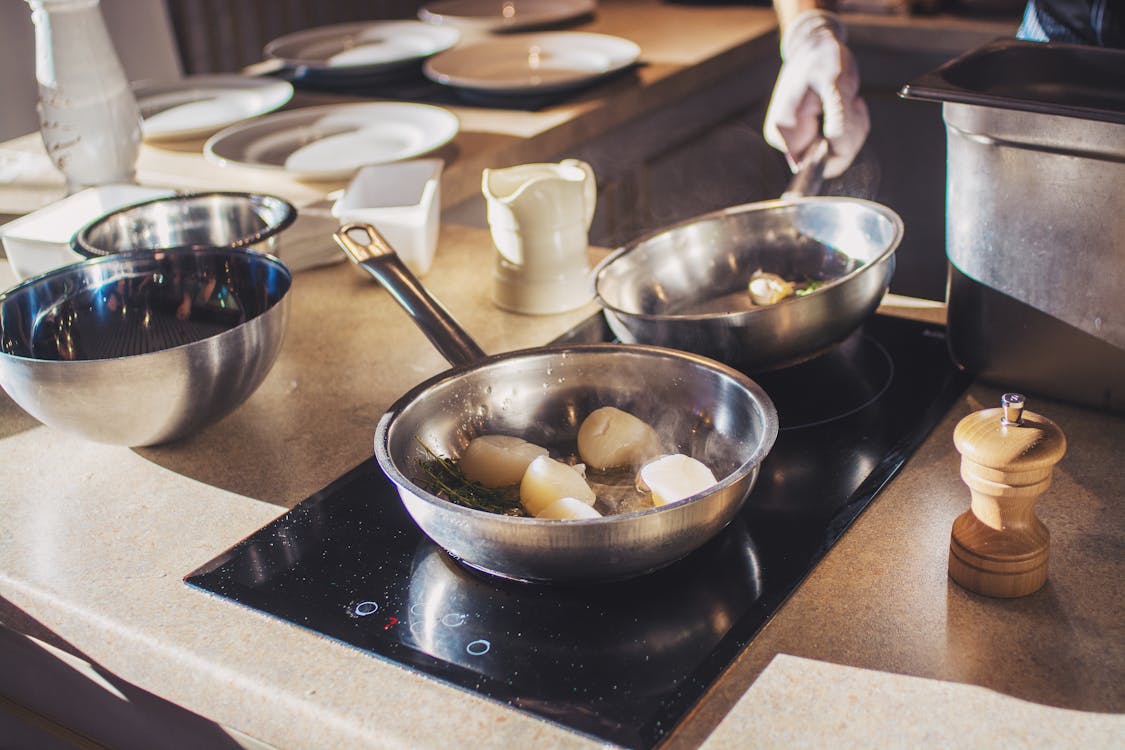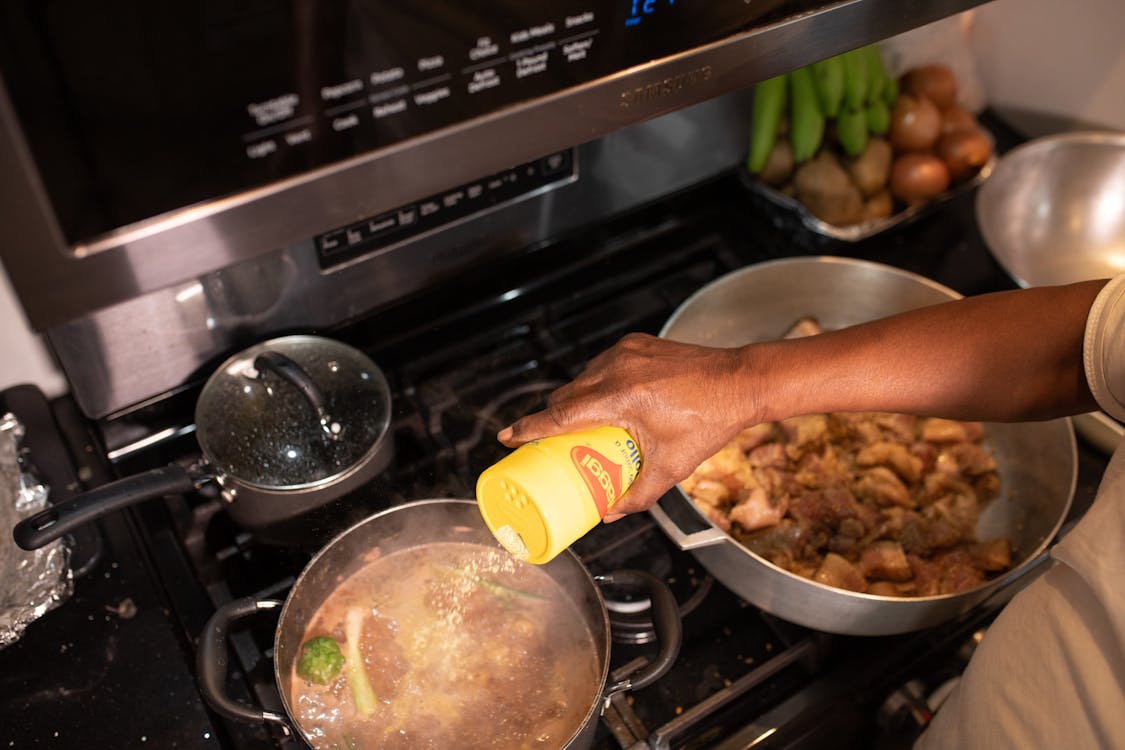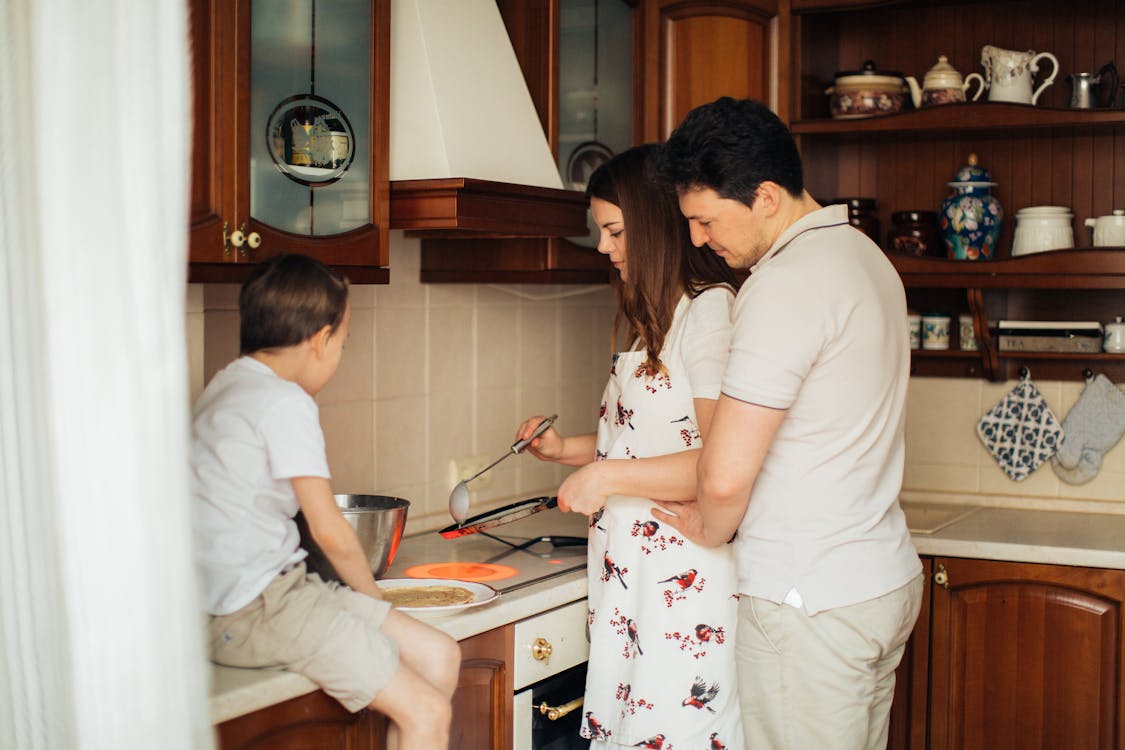There are a few key skills adults should have. As you probably guessed from the title of this piece, cooking is one of them! When staring down the barrel of the oven window, it’s obviously daunting. Where do you start? What if you accidentally burn down the kitchen thereby solidifying your lack of culinary prowess forever? Don’t worry about a thing; we’ve got you covered with these five key tips any novice cook should know.
#1 Read Through the Recipe
Follow the recipe, right? How hard could it be? One of the top problems amateur cooks run into is not prepping themselves. A recipe might not sound that tough on paper, but you’ll quickly realize how long it takes to get everything ready. When you don’t read the recipe beforehand, you’ll undoubtedly run into trouble.
Don’t underestimate the time it takes to dice, grate, etc. your ingredients. If you try to do all that on the fly, you’ll more than likely wind up with burned food, stoves left on for too long, or getting overwhelmed with all the work. See what the recipe calls for before you begin. Prepare the ingredients and take the pressure off of your future self.
#2 Invest in Good Tools
Even if you’re just starting out, you could do with some helpful kitchen items. For example, investing in a good set of knives is a terrific way to ensure your life is easier. You should especially look into a great chef’s knife , as you’ll use that quite often.
Spending money on good cookware is also a novel idea. Yes, those sets can be pricey, but think of it as an investment. If you’re cooking all the time, why not guarantee great food with cookware that’s up to the task? Helpful items like meat thermometers, wooden spoons, and mixing bowls are also items every aspiring chef should have in their kitchen.
#3 Make Notes Along the Way
When you’re just starting out, it’s best to stick with the recipe in front of you. However, as you get more comfortable in the kitchen, you can begin to experiment with ingredients. You’ll also recognize which tastes you prefer. A good way to monitor your progress and document tasty food combinations is to keep notes. You’ll thank yourself for marking down what you’d like to try later or listing down the exact ingredients needed for a dynamite dish.
#4 Start Out Simple
Boy, that six-course meal would definitely impress your in-laws, huh? Sure, but not if the meatloaf is on fire when you pull it out of the oven. Don’t rush yourself to become the next Gordon Ramsay when you still melt butter with the aluminum on. Just like any new skill, it’ll take time to master. There are lots of simple recipes for newbie cooks and you should tackle those before engaging with anything else.
Another awesome thing about starting slow is that you pick up tons of information along the way. Not only will you give yourself a nice confidence boost, but you’ll start to understand which flavors work for you. Trust us, you’ll surprise yourself with how far you’ll go.
#5 Paper Towels Are Your Friend
Paper towels are already helpful enough, but they’re particularly useful in the kitchen. A top tip for amateur cooks is to stick a paper towel under your cutting board to prevent slipping. When you’re using a chef’s knife to dice veggies, the last thing you want is your foundation getting away from you. Additionally, paper towels also help when you ned to pat your cuts of meat dry.
Of course, it’s important to take the environment into consideration. If you don’t want to use paper towels every time you cook, there are numerous alternatives . Depending on what you’re up to, baking sheets, beeswax wraps, and reusable dishcloths would work in a pinch.
Cooking is no easy mountain to climb. There’s a lot of stuff you need to learn, but that’s okay! After all, professional chefs still learn things along the way as well. The most important thing to keep in mind is that you should go at your own pace. Don’t be too hard on yourself and know that you’re already taking a huge step by taking on something new.






